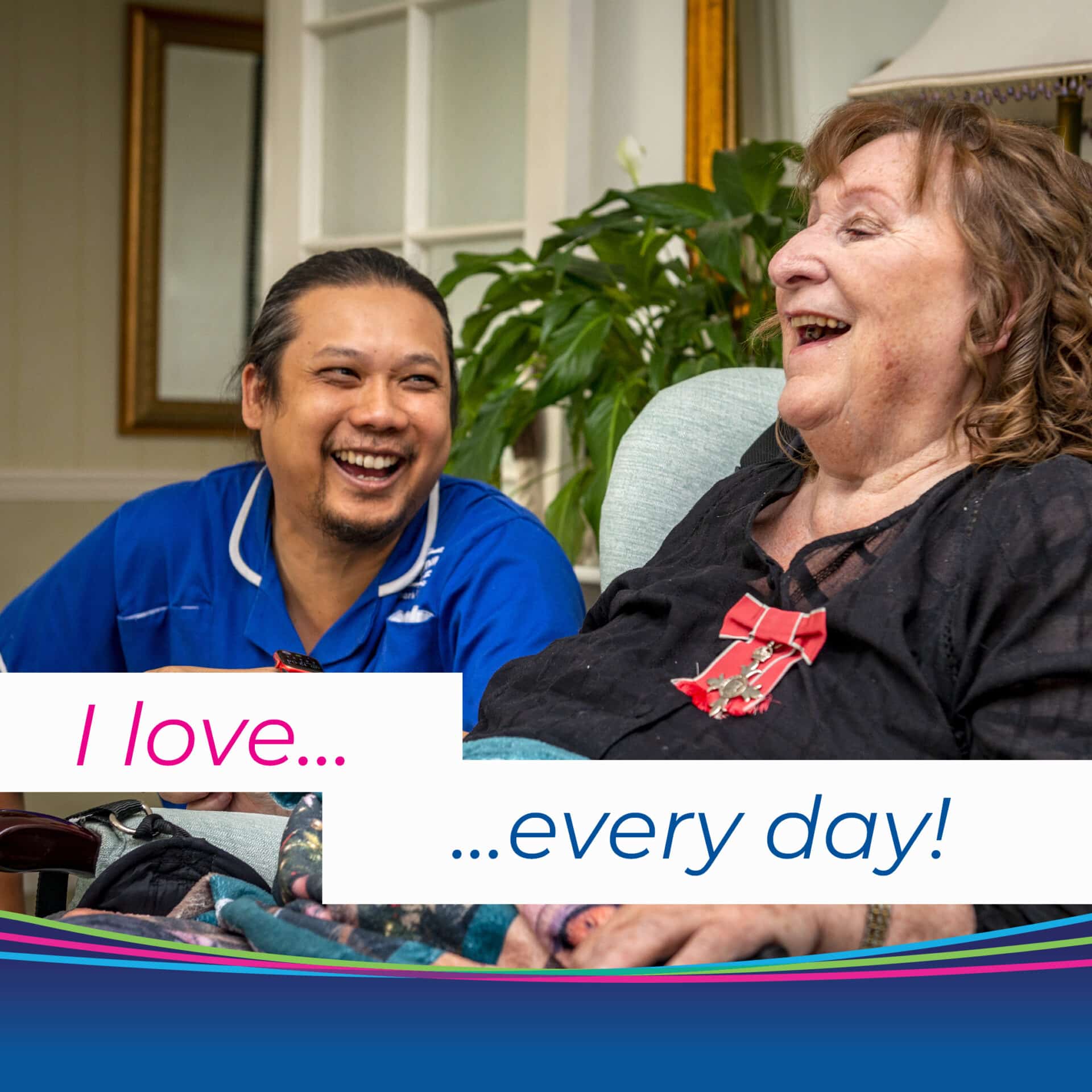When Are Adaptations Needed For Home Care?

The ultimate goal of social care is to make sure people maintain their independence for as long as possible, and whilst in some cases residential care is the most suitable option for someone, in many cases the aim is to ensure people can be cared for in their own home.
As part of a needs assessment that looks into the types of care services that suit a person the best, they may also have an assessment of their home to see if it needs to be adapted to make living in it safer and easier each day.
The assessment itself is free, and can often happen alongside other parts of the needs assessment, with the help of an occupational therapist.
These adaptations to the home can vary widely in scope and scale, ranging from adding an intercom or security doorbell to installing stairlifts, adding outdoor ramps or installing a walk-in
wet room, depending on the individual needs of a person.
In many cases for adaptations that do not require a lot of time or money, the local council responsible for care may be able to provide them for free.
Whilst this is not a universal rule, councils will typically pay for any adaptation that costs less than £1000. This number is each and not in total, so any important but inexpensive adaptations would be covered by the council themselves.
More expensive changes such as extensive door-widening for wheelchair access or the installation of a wet room may not be covered in all cases.
However, there is a wide range of grants, both from the government and from independent non-profit agencies that can help to subsidise the cost when it is clear that it is needed.
Some charities also offer bespoke solutions for people who have particular needs that are not covered by existing equipment that is more widely available.